As much as we all know, it doesn’t really matter what your goals are, it’s a very good idea to avoid drinking too much alcohol. Moreover, it surely makes sense to avoid drinking alcohol when it comes to your fitness goals. But considering that you may still drink some alcohol from time to time, it’s pretty obvious that many of us asked ourselves: How much does alcohol really impact our fitness goals?
If you read on, we are going to examine how alcohol can be detrimental to your fitness, so you will find out more valuable information about it. Whether your goal is to get fit, build muscle, or shred fat – this article is helpful for those who love to have a drink every once in a while.
Alcohol and Working Out
It’s important to understand that research proves that alcohol use can actually cause major failures in muscle development and in our health overall. The research is also showing that alcohol is able and will reduce muscle protein synthesis (MPS). Considering that protein synthesis is a key factor when it comes to muscle growth, reducing MPS will likely stunt our muscle gaining ability.
In addition to that, studies also indicate that alcohol can change hormone levels and reduce our metabolism. A reduced metabolic rate can affect our ability to reduce body fat. Reduction in metabolic rate alongside a change in hormone levels (for the worse) will further affect fat burning and muscle gaining abilities.
While USDA diet guidelines for Americans will recommend only one alcoholic drink per day for women and no more than two for men, even this can be enough to pose a problem for your fitness goals. That’s why drinking alcohol in moderation is still often a problem, both for health purposes and especially for fitness goals.
Alcohol and Fitness
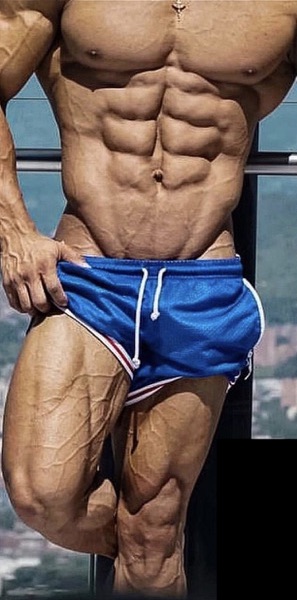 It is important to understand that alcohol is one of those few things out there that less is better where possible when it comes to working out, fitness, physique, and performance enhancement. The less – the better. Considering that alcohol has no muscle building or fat reducing benefits and only detrimental effects – not drinking any alcohol at all will be helpful for your fitness goals.
It is important to understand that alcohol is one of those few things out there that less is better where possible when it comes to working out, fitness, physique, and performance enhancement. The less – the better. Considering that alcohol has no muscle building or fat reducing benefits and only detrimental effects – not drinking any alcohol at all will be helpful for your fitness goals.
The research does show that there are some possible positive health benefits associated with moderate alcohol use. That research suggests that mild alcohol consumption is likely to increase our good cholesterol (HDL) 3 and may reduce insulin resistance as well as stress levels. Nonetheless, there are other studies that indicate that the negatives of using alcohol (even in moderation) outweigh the positives. And considering that there are many more and more effective ways to increase good cholesterol (HDL), reduce insulin resistance, and control stress – drinking alcohol may not be among the best practices.
Lots of people tend to have a practice that’s not very helpful for their goals. Enjoying a drink as a reward form for completing a strenuous workout. Nonetheless, this “liquid cheat meal” will often lead to more consumption than recommended.
Alcohol and Building Muscle
When it comes specifically to muscle building potential and alcohol, there’s a small study that was done to find out specifically this. It was checking how alcohol use is affecting MPS (muscle protein synthesis). This small study had eight participants. They were physically active men who were performing weightlifting and interval training as a part of the testing process. After sports, they drank protein and alcohol. Four hours later they had another protein and alcohol drink. Moreover, two hours after training, those physically active men also had a carbohydrate drink.
This study was taking muscle biopsies at rest two and eight hours after the physical training. And that’s when they discovered a very interesting result:
Alcohol levels were elevated above baseline post exercise with both protein and carbohydrate consumption. According to the muscle biopsies, the muscle protein synthesis (MPS) had a reduced rate following the physical training.
The study proves that drinking alcohol post-workout will hinder your muscle growth ability.
Alcohol and Fat Loss
Alcohol will not only make your muscles grow slower, likely not growing at their full potential, but it also hinders fat burning processes too. Studies also show that alcohol is very likely to reduce our metabolism and, therefore, reduce our ability to burn fat. Our metabolism is very important when it comes to weight loss and fat burning. Alcohol has a direct impact on our metabolism. This is a result of our body’s response to alcohol instead of consuming proper food.
How does alcohol affect our metabolism? Well, our metabolism changes from focusing on burning the stored calories that you get through food to eliminating the toxic waste – alcohol. The most important toxic chemicals that are made from alcohol are called acetaldehyde and acetate.
Have you ever noticed that after two glasses, you may feel an almost immediate urge to go to the restroom? Well, that’s your body that is temporarily using the unwanted products as fuel in order to get rid of the toxins from it. During this moment, the body slows down our natural metabolic process which is helpful in burning adipose tissue or fat stores. Instead, it is trying to get rid of those toxins. The research indicates that alcohol is replacing fat as a fuel. So, instead of the body burning fat, it “burns” the alcohol you consume. Alcohol also adds a lot of calories to our daily calorie needs.
That’s why, while you are enjoying a few beers or a few glasses of wine, your metabolism is on pause for fat burning. It will focus on breaking down the booze that you drink. And of course, the more you drink, the more your body “focuses” on alcohol elimination.
Does Alcohol Affect Your Hormones?
As said earlier, alcohol is going to affect your hormones and not in the best way for your muscle building and/or weight loss potential. Truth is, there seems to be unreliable evidence of alcohol use and testosterone levels. Studies suggest that you need quite some alcohol in order to change testosterone. It is pretty obvious that long term alcohol abuse is going to have a significant impact on your overall health, and this is going to significantly affect your testosterone and overall hormones.
It is going to take approximately nine (9) drinks for a man who weighs 180 pounds (82 kg) to reduce his testosterone levels after performing exercise. Some other research indicates that high alcohol consumption is stimulating the conversion of testosterone into estrogen. High estrogen levels can lead to gynecomastia, water retention, fat gain, bloating, erectile dysfunction, feeling unwell, and others. Low testosterone levels can lead to muscle and strength loss, reduction in sexual function, mental issues, affecting bone health, and numerous other health issues.
BUY TESTOSTERONE FOR SALE HERE
Alcohol and Eating Habits
Have you ever drank alcohol and had an urge to eat? That’s very common and that’s a huge problem. Usually, when we drink alcohol, we are very tempted to eat, and usually, they are by far not the healthiest food options. Moreover, when drinking, we’re often overeating or mindlessly eating.
Research indicates that alcohol use leads to consuming too many calories (it adds calories on its own) and overeating. We all know that alcohol consumption and less healthy eating choices commonly go hand in hand. This, in combination with the fact that the alcohol adds the calories on its own, makes it a really bad practice for achieving your fitness goals. Especially because the calories from alcohol you consume have no nutritional value.
If you’re on a diet and counting your calories, I recommend you pay attention to how many calories you’re taking from your drink. For example:
- Beer (12oz) has around 150 calories
- Wine (5oz) has around 100 calories
- Distilled spirits (1.5oz) have around 100 calories
Alcohol and Quality Sleep
This is where you may be thinking that alcohol is actually beneficial. It’s no wonder many people think that alcohol will improve the quality of sleep because it can help us feel more relaxed, as we all know. Nonetheless, studies actually indicate that it can be detrimental to our sleep.
Sleep, as you should already know, is an essential part of muscle healing and tissue healing. The better sleep quality we have, the more muscles we can gain. Not having a good night’s sleep or not sleeping enough (7-9 hours each night) will have a huge impact on our muscle gains and fat loss abilities.
Without enough sleep or without quality sleep, we just cannot function at the highest level in the gym. We cannot achieve as much muscle growth as we may hope. And not as fast as we would love to. And without properly functioning in the gym, will definitely hinder our gains.
The point is – sleep is one of the fundamental parts of achieving fitness goals. You would love to keep your sleep quality at the highest possible level and sleep enough every night. The reason why alcohol is still not beneficial despite the fact it relaxes us – research shows that alcohol disrupts our restorative or rapid eye movement (REM) sleep. Without REM sleep, we do not get a restful sleep. This may lead to experiencing daytime drowsiness, poor concentration, fatigue, weakness, and so on and so forth.
It is true that alcohol may help people fall into a light sleep easier because it relaxes them. However, it reduces the deeper stages of sleep and REM sleep and leads to more disrupted sleep.

Alcohol and Nutrition
As I earlier mentioned, alcohol has “empty” calories which do not have any nutritional value for the body. This means that you increase your calorie intake, but the body has no “benefits” from them. For example, there are approximately seven calories per gram. And they are “empty”. Compared to healthy carbohydrates usually have four calories per gram and have nutritional value.
In addition to that, do not forget that there are a lot of alcoholic drinks that are mixed with sugary mixers. Needless to mention this is going to add even more calories to your drinks. Liquid calories are a real thing. It comes not only from alcoholic beverages but also those that contain lots of sugars too.
But it’s not only bad because of the extra calories, but it also impairs nutrient absorption. That’s because it leads to decreasing digestive enzymes. This is the reason why your stomach may not feel well during or after drinking alcohol. This is also one of the reasons why many people experience constipation and/or diarrhea after drinking heavily.
The Bottom Line
In the end, I think that if you can completely eliminate alcohol – it’s going to be no problem if you do it. Nevertheless, being healthy and attempting to gain muscle or lose fat doesn’t mean that you need to completely eliminate alcohol. As long as you are healthy enough, you can enjoy a couple of drinks every once in a while, in moderation. I just strongly recommend against prolonged (frequent) use of alcohol, and, of course, binge (heavy) drinking.
In the end, you can start making healthier decisions, even if you do have a couple of drinks occasionally. Creating lean muscle and burning fat is really hard work. To do it, you need to make sure you have very good nutrient intake.
Alcohol lacks nutritional value yet it can be detrimental, so be careful with it. Occasional and appropriate drinking is acceptable for your fitness goals, but never important.
Achieving Your Fitness Goals
Drinking alcohol or not, you can rocket your workout, sleep, and diet results today! Supps-For-Life.to is the perfect place to help you achieve your goals. We offer anabolic steroids of the highest quality ensuring they would work the best possible way. You can save a lot of money and we can help you determine the best way to use them. This way, you get your steroids for sale anonymously and we help you learn how to use them safely without side effects.
Whether you drink alcohol or not, whether you’re searching to bulk up or get cut and ripped, Supps For Life is here to help you achieve your goals in the best and fastest possible ways. We guarantee the best possible prices, absolute anonymity, and after-purchase support!
BUY THE BEST ANABOLIC STEROIDS ONLINE HERE

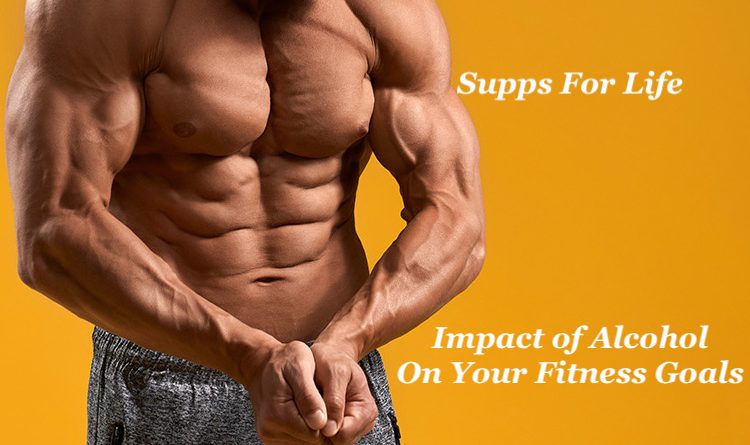
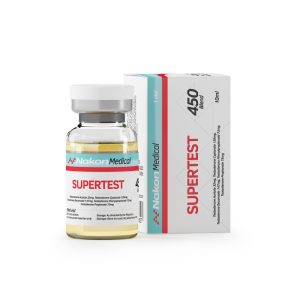
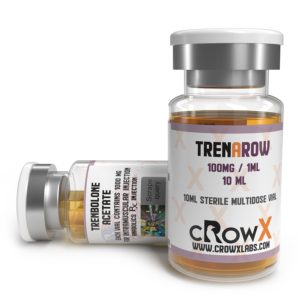
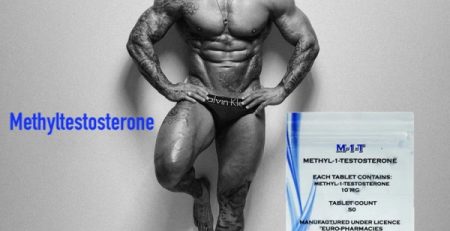



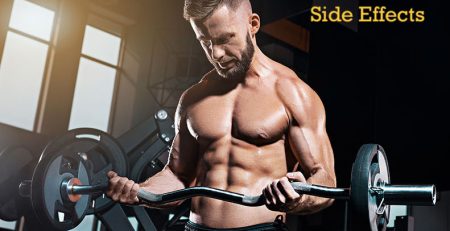
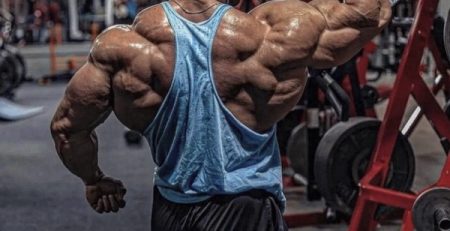


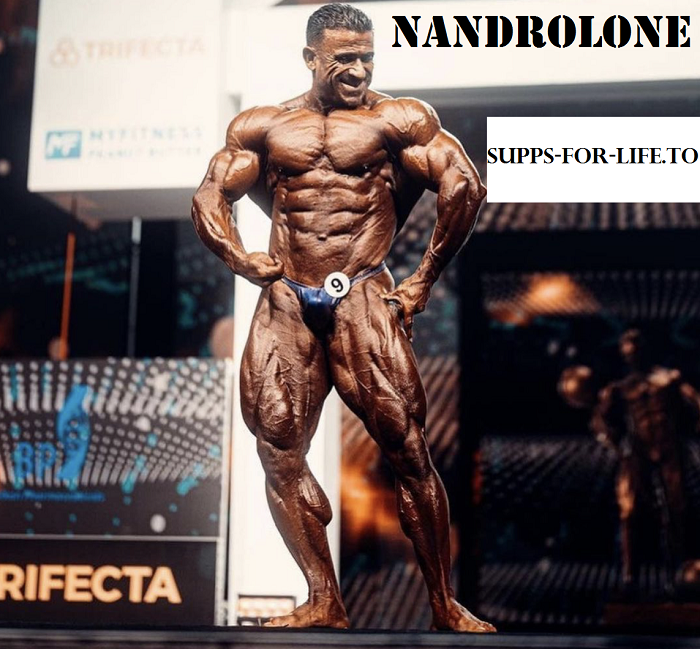



Leave a Reply
You must be logged in to post a comment.